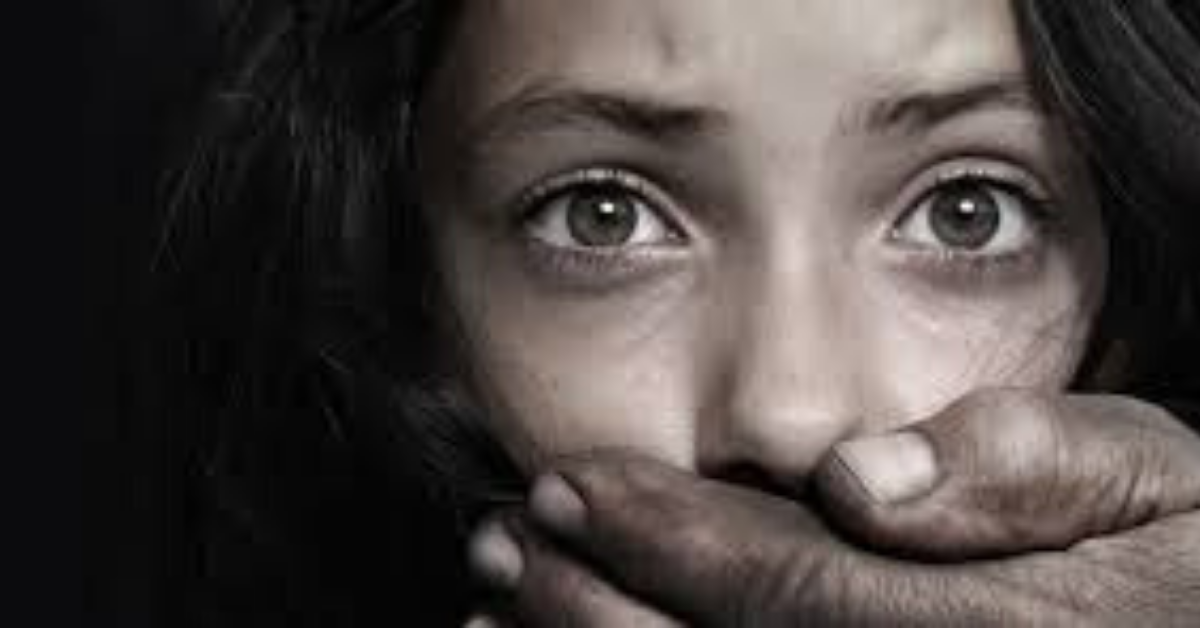
Human trafficking
Human trafficking is like modern day slavery. On any given day around the world a staggering 40.3 million people are estimated to be victims of modern slavery, with 24.9 million people in forced labour and 15.4 million people in forced marriage.
Around the world men, women and children of all ages are trafficked for a wide range of exploitative purposes including forced labour, sexual exploitation, domestic servitude, and child soldiers. While trafficking for sexual exploitation is more commonly reported among women and girls, boys can also fall victim too.
Australia is not immune to the impacts of human trafficking.
In 2019 a total of 225 people were helped by Anti-Slavery Australia after being trafficked to or from Australia, or had faced slavery-like conditions while in Australia. This included forced marriage, servitude and forced labour. Sadly, this is most likely to be just the tip of the iceberg, with a recent report by the Australian Institute of Criminology estimating that only one in five victims are detected.
Australia is primarily a destination country for people trafficked from Asia, particularly Thailand, Korea, the Philippines and Malaysia.
Generally, people fall victim to trafficking for a number of reasons; including lack of education and employment opportunities, discrimination and social isolation, and lack of protection by adults or social systems.
How is human trafficking different to people smuggling?
Human trafficking is different to people smuggling. Human trafficking is the physical movement of people across and within borders through deceptive means, force or coercion. The people who commit human trafficking offences are normally motivated by the continuing exploitation of their victims once they reach their destination country.
In comparison, people smuggling is the organised, illegal movement of people across borders, usually on a payment for service basis.
Human trafficking, slavery and slavery-like practices such as servitude, forced labour and forced marriage are complex crimes and a major violation of human rights. Around the world men, women and children are trafficked for a wide range of exploitative purposes, such as:
- servitude
- slavery
- forced labour
- debt bondage
- forced marriage, or
- organ harvesting
What signs might suggest someone is victim of trafficking?
There are some possible tell-tale signs to be aware of:
- the person appears to be servicing a large debt to their employer or a third party;
- the person doesn’t have their passport or travel/identity documents, which are with their employer or a third party, and the they aren’t able to easily access these documents when needed;
- the person does not have a labour or employment contract/agreement or they do not understand the terms or conditions of their employment;
- the person cannot terminate their employment at any time;
- the person is subject to different or less favourable working conditions than other employees because he/she comes from overseas;
- the person never or rarely leaves accommodation for non-work reasons;
- the person is living at the place of work or another place owned or controlled by their employer;
- the person has little or no money or no access to earnings;
- the person has physical injuries which may have resulted for assault, harsh treatment or unsafe work practices;
- the person is always with their employer, who does not want or allow the worker to socialise with others;
- the person works excessively long hours and has few, if any, days off; and
- the person regularly between different workplaces, including interstate.
What are the signs that a person may be in, or at risk of, a forced marriage?
The following points may indicate that a person is in a forced marriage, or is at risk of being made to enter into a forced marriage:
- the person has a family history of elder siblings leaving education early and/or marrying early;
- the person is subject to unreasonable or excessive restrictions from their family, such as not being allowed out or always having to be accompanied;
- the person expressed concern regarding an upcoming family holiday;
- the person has extended absence from school, college or the workplace, or begins to display truancy or low motivation;
- the person shows signs of economic or dowry abuse;
- the person displays signs of depression, self-harming, social isolation and substance abuse;
- the person has limited career choices or their parents control their income; or
- there is evidence of family disputes or conflict, domestic violence, abuse or running away from home.
If you know or suspect human trafficking, call Crime Stoppers on 1800 333 000 or make a report at www.crimestoppers.com.au
You don’t have to say who you are or get further involved.



